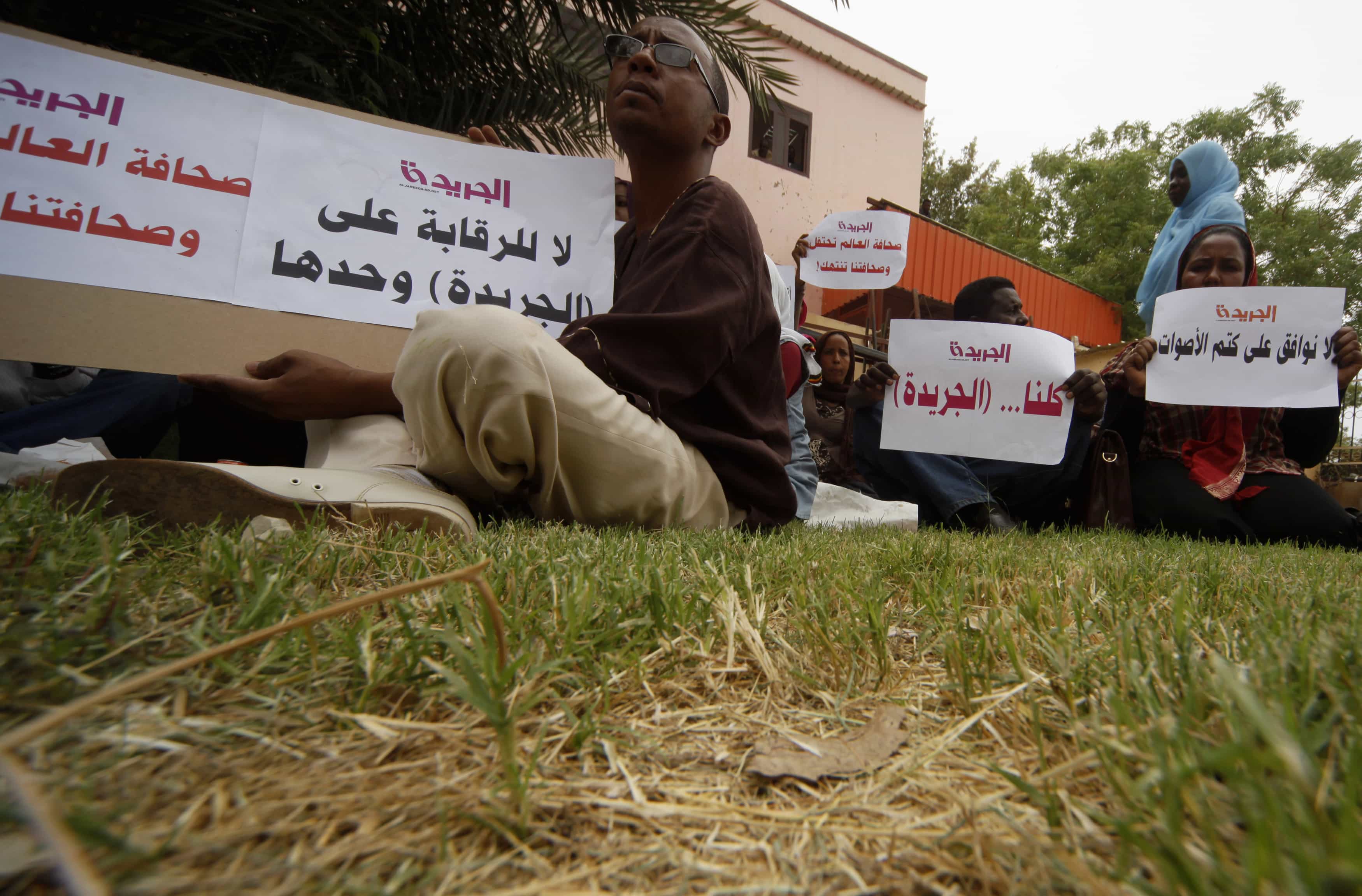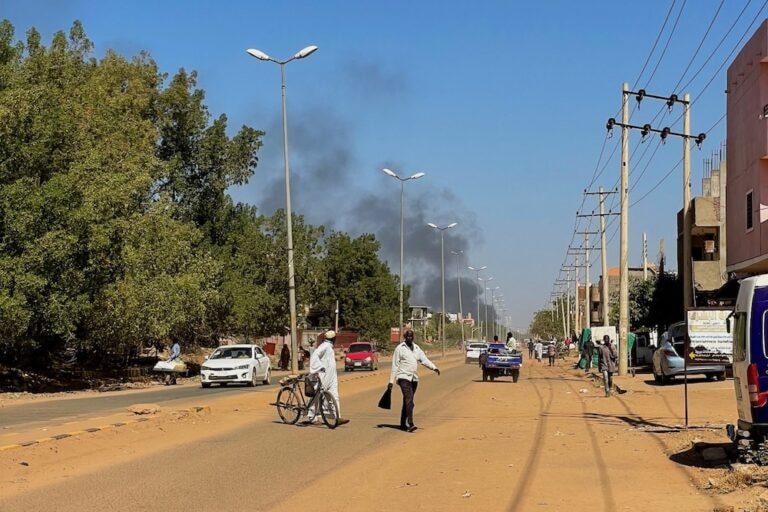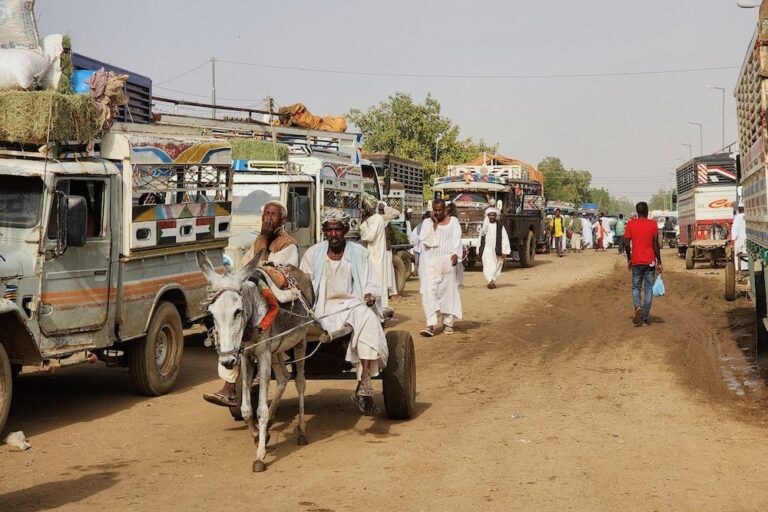The day before the raids of Al-Ayam, Al-Jareeda and Al-Intibaha, the National Intelligence and Security Services told some media not to publish any reports about the government’s withdrawal of subsidies for certain basic commodities.
Reporters Without Borders condemns the 19 September 2013 seizure of the latest issues of three independent dailies – Al-Ayam, Al-Jareeda and Al-Intibaha – by the National Intelligence and Security Services (NISS), which offered no explanation for its action.
“The arbitrary seizure of newspaper issues that have already been printed inflicts considerable financial losses on these newspapers and reflects a deliberate NISS strategy of strangling Sudan’s independent media economically,” Reporters Without Borders said.
“We call on the Sudanese government to respect the journalistic profession and freedom of information and to put a stop to such raids and interference in the affairs of the media by the security services.”
On 18 September, the day before the raids, the NISS told some media by phone not to publish any reports about the government’s withdrawal of subsidies for certain basic commodities. The seizure of the three newspaper issues may have been prompted by a failure to comply with this order.
The NISS has been responsible for more than half of the violations of freedom of information in Sudan since the start of the year, according to the information gathered by Reporters Without Borders, which is aware of ten cases of censorship during this period.
Used by President Omar Al-Bashir to keep the population under control, the NISS acts with complete impunity in the provinces. Bashir is nonetheless facing separatist movements in South Kordofan province and his difficulties in obtaining a visa for next week’s UN General Assembly is indicative of the degree to which he has become discredited in the eyes of the international community.
Since 2012, Sudan has been ranked 170th out of 179 countries in the Reporters Without Borders press freedom index.



